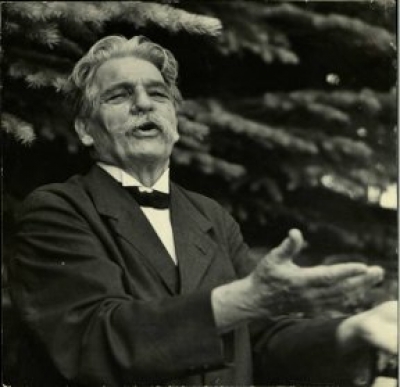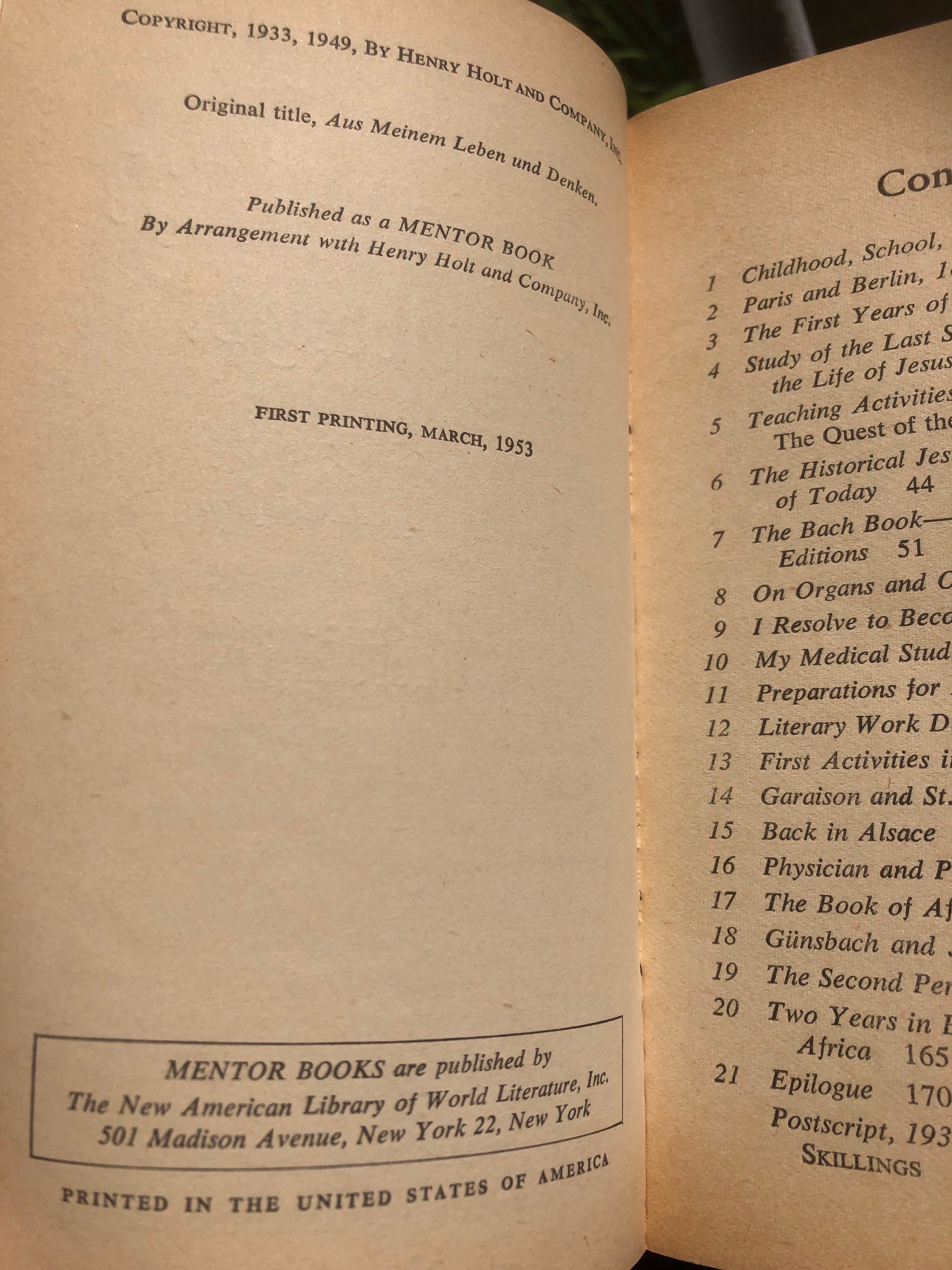

Though interested in Immanuel Kant, during his compulsory military service Schweitzer began contemplating the historic life Jesus. Early on Schweitzer was “far from being a model student.” However, he ended up studying at the University of Strasburg, obtaining a doctoral degree in philosophy and a position as a lecturer in theology. While Schweitzer was never an orthodox believer, he believed he could be more “Christian” than other Christians (11). Naturally, this instilled in Schweitzer a suspicion of ecclesiastical teachings and dogma. “The theological liberalism in his parents’ Lutheran parsonage,” Oermann explains, “was indebted to rationalism and shaped Schweitzer both theologically and culturally” (9). But with the appearance of several volumes of previously unpublished letters, lectures, and manuscripts, Oermann offers a more complex image of Schweitzer “the whole man” (2).īorn in the French Alsatian town of Kaysersberg, Schweitzer was the son of a liberal Protestant pastor.

Schweitzer carefully constructed a lasting and often romanticized self-image through a number of biographical reflections, interviews to journalists, and film documentaries. However, such an attempt is fraught with difficulties. Oermann, a professor of Ethics at Leuphana University, explores “the myth of the selfless jungle doctor of Lambarene” by sketching “a more realistic picture” of him (2). This is the English translation of Nils Ole Oermann’s biography of famed New Testament scholar, theologian, musicologist, and missionary Albert Schweitzer (1875-1965).


 0 kommentar(er)
0 kommentar(er)
